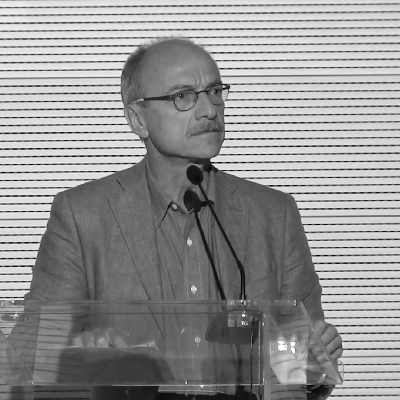These macro themes – from the financialization of the economy to eco mafias – have generated a heated debate that in this Renewable Matter’s issue it is not possible to tackle. But the focus on remanufacturing enables us to take stock on one of the main tools we have to stand against the rampant proliferation of waste. Guido Viale’s article gives us an overview on the values at stake and on the need to create industrial mechanisms supporting the redesigning of the life of everyday objects. Fabio Iraldo, Irene Bruschi and Gianni Silvestrini focus on the benefits of the recovery process of goods from an energy saving viewpoint (up to 90%), on lower water consumption, of final costs (from 35 to 90% lower compared to manufacturing from scratch), on employment (in Europe, towards the end of the next decade, 175,000 jobs could be created), on prices (20-50% lower compared to non regenerated products). Also, Edo Ronchi – Chairman of the Foundation for Sustainable Development – expands on “measures generating benefits and market opportunities for companies”.
Looking at ourselves in the waste mirror, we see our society’s profile and can find out how to improve it. It is not only about increasing the percentage of separate waste collection or that of recycled materials. The key issue is the well-structured nature of the idea of remanufacturing. We are talking about a reconsideration of the production system as a whole, which requires a series of actions: improving ecodesign of sold goods to simplify the fight against waste; keeping the information content of some goods (which is higher than the sum of the components); organizing a structured system of restocking the production chain involving the whole society; revisiting the tax system in order to reward virtuous processes by enacting the polluter pays principle and releasing economic resources to invest in order to promote employment.
All this would lead to tangible benefits: a drop in the environmental impact of production even in terms of global warming; better security, because the supply of materials that for various reasons (ranging from price instability to geopolitical tensions) could no longer be available, is guaranteed; increased collective awareness of social cohesion; synergy with the sharing economy’s processes. This is what Rossella Muroni – Legambiente’s president – defines as “Copernican revolution” because it puts strain on the one-way relationship between producer and consumer and opens up to a process similar to that described, in the energy realm, by distributed generation: a horizontal development model restoring social balance as well.
But in order to reach these goals a legal framework promoting such process is necessary. From this perspective, the European vision, that for a few decades guaranteed the leadership to the old continent with regard to environmental policies, seems a little blurred. The package on the circular economy was re-presented by the Junker Commission as a watered down version compared to the former Commission’s proposal.
Now it’s the European Parliament’s turn and let the battle begin. We acknowledge Simona Bonafé’s criticism – reporter of the package on the circular economy – where she talks about lack of ambition, the same term used by PD’s (Democratic Party) Chiara Braga, in charge of the environment. Junker’s version toned down the recycling targets; it eliminated anti waste obligations; it lowered the importance of anti landfill measures; it weakened the obligation of separate collection of the organic fraction; it did not lay down specific norms for the elimination of toxic substances from products that hinder their recycling. The European parliament debate is the right place to make the voice of the citizens’ representatives heard and to show that the Union is not the equivalent of the taxman but the soul of our continent.


